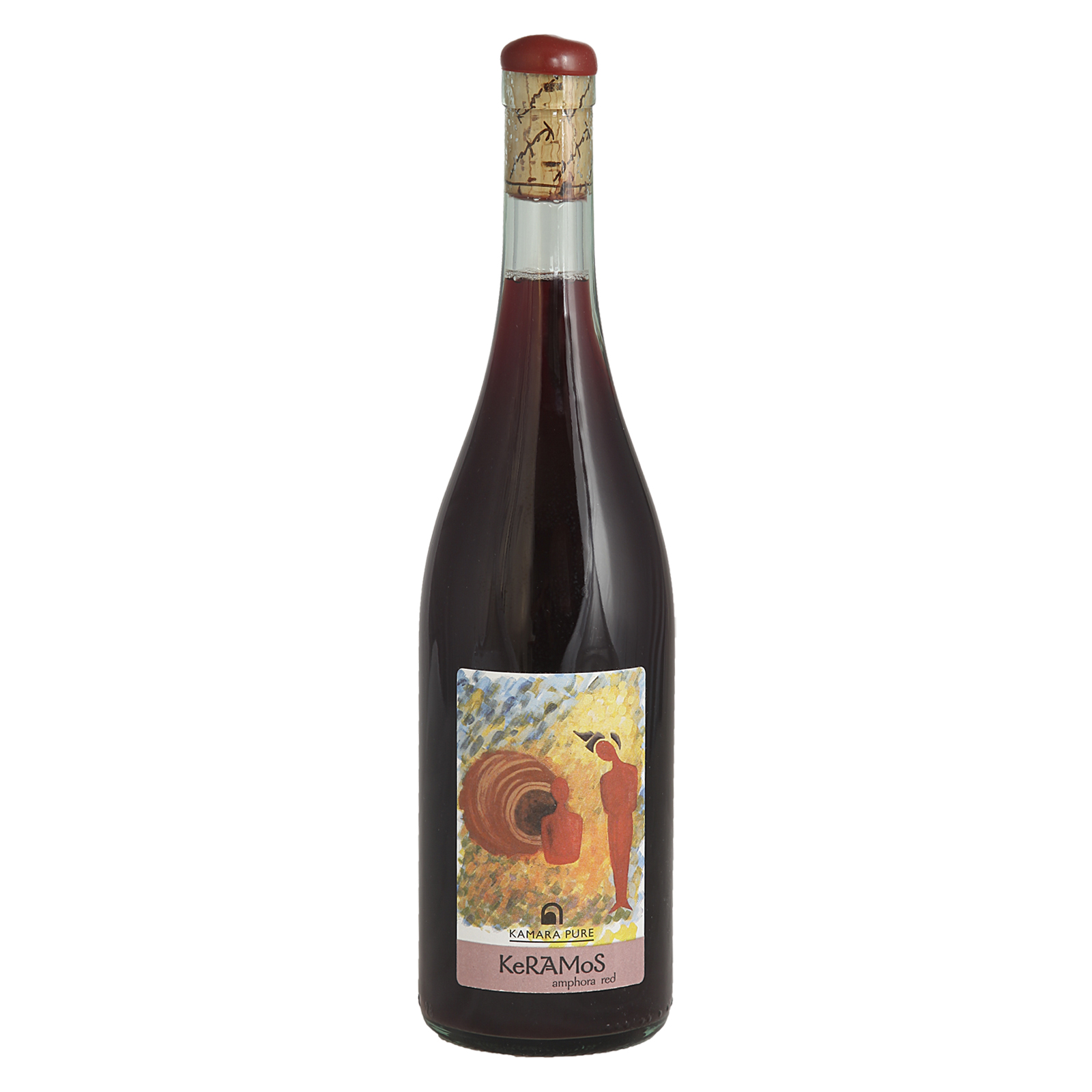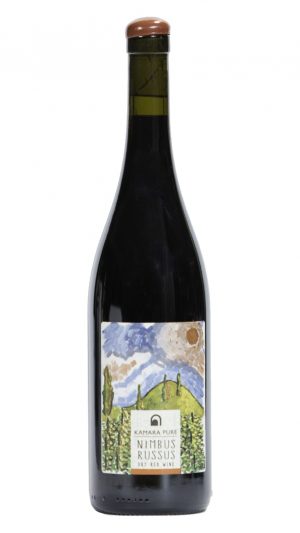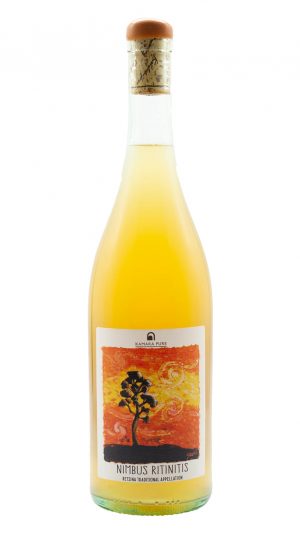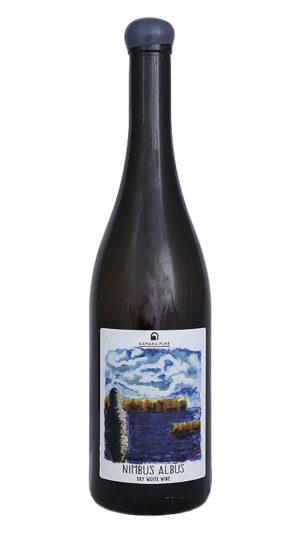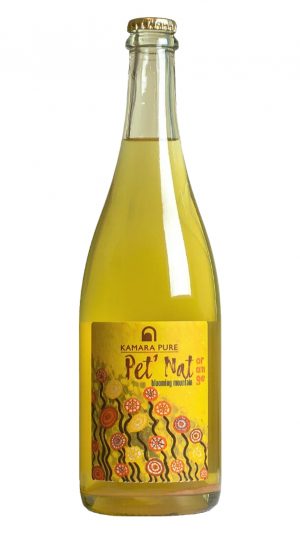Kamara Keramos Amphora Red 2020
Type: Red
Country: Greece
Region: Thessaloniki
Grape Variety: 100% Assyrtiko
Viticulture: Natural Wine | Biodynamic | Certified Organic
Climate: Continental climate
Terroir: Limnio: Grows on clay-sand soil at 140m above sea level. Xinomavro: Grows on clay, sand, and schist soil at 140m above sea level
Winemaking: Whole bunch co-fermentation and maturation of the two varieties in Greek traditionally-made amphoras with indigenous yeasts. 30 days skin contact. After the pressurage, the wine remained for 9 more months in the amphoras on lees {sur lies fines}. No fining, no filtration, no protein or tartaric stabilization, no added sulfites
Color: Light red with purple highlights
Nose: Earthy aromas with noticeable minerality over hints of dried plum, fig and a blend of herbs
Palate: Notes of Maraschino cherry, black and red berries, intense tannins, yet with fresh acidity
About the Winery:
Dimitrios Kioutsoukis’s family hailed from East Romylia back in the early 1900s. The family had always harboured a dream to make wine like their ancestors but lacked the finances to start a winery. Dimitrios trained and worked as a chemical engineer originally, and worked for many years in the medical field, to save money to fulfill this winemaking dream. The region he lived in, Thessaloniki, in northern Greece, had been well known for the cultivation of vines, but since phylloxera cultivation had all but died out. He studied winemaking through the UC Davis extension program and decided in 2010 to plant 11 hectares of vines of Greek varieties including Assyrtiko, Malagousia, Roditis, Xinomavro, Limnio, Muscat, and Moschfilero.
From the very beginning, the vineyards were worked only in accordance with long-standing traditions, like manual pruning, hoeing of weeds, and harvesting, and use of natural sprays made from plants like nettle and yarrow, and composting and fertilization with natural manure. They always sought to do as few treatments as possible, to maintain balance with the natural way of the vines and nature. Then in 2015, with his daughter Stavroula, an agronomist and oenologist, he took the giant step of converting all his production to natural methods. The wines are now all naturally fermented with indigenous yeasts, have no products added or subtracted, are not filtered, and have zero sulfur added at bottling.

